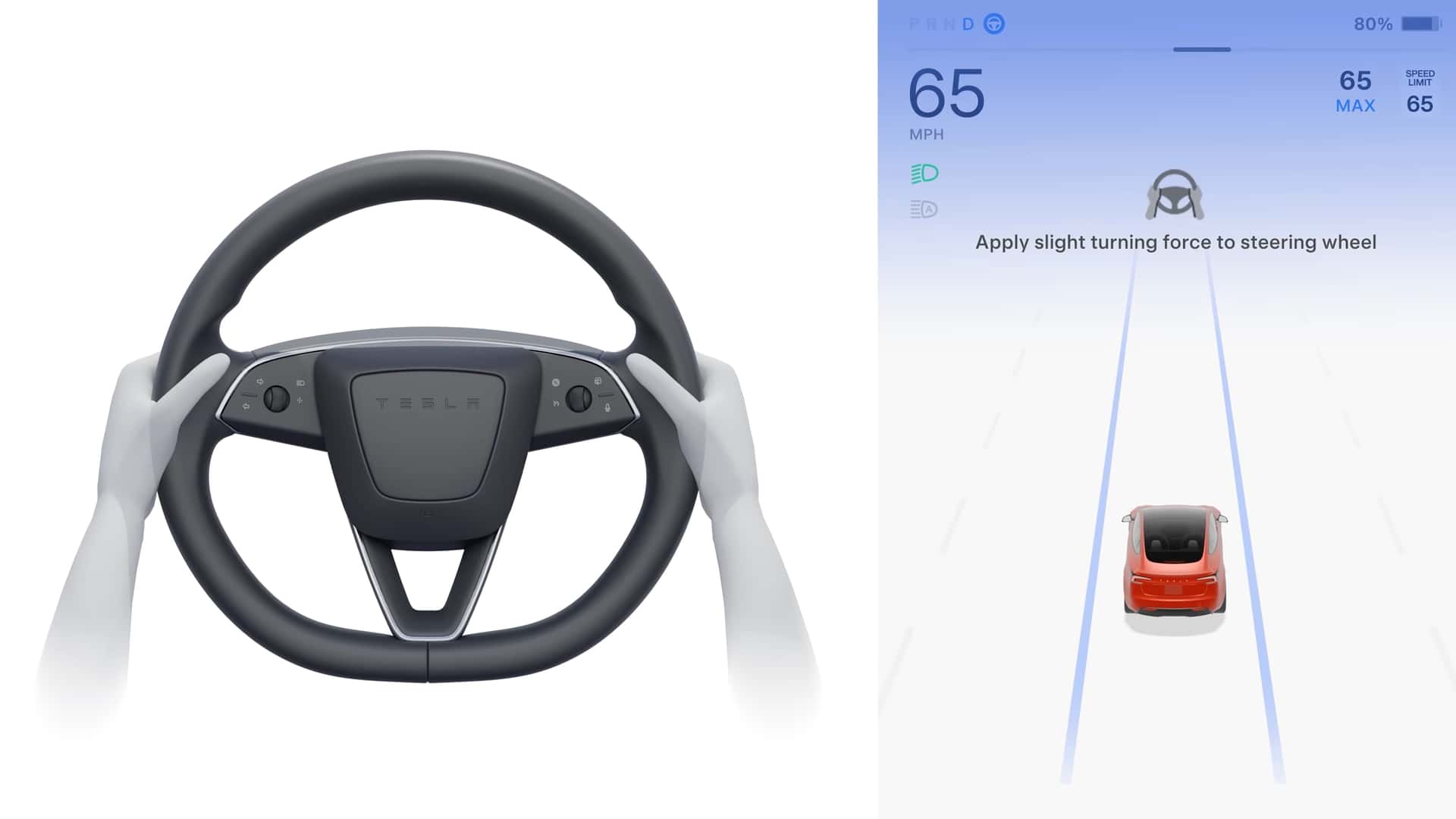Tesla simply launched Autopilot crash knowledge.
- Tesla claims its electrical automobiles on Autopilot are safer than those driving without it.
- Within the third quarter of the year, Tesla recorded one accident for each 7.08 million miles pushed on Autopilot.
- By comparability, an automobile accident happens every 670,000 miles within the U.S., Tesla stated, citing federal knowledge.
Tesla has launched its Autopilot. Security report For the third quarter, it signifies a big enhancement within the variety of miles pushed utilizing the expertise earlier than an accident is recorded.
Autopilot and an extra-superior full-self-driving software program are central to CEO Elon Musk’s ambitions to deploy self-driving automobiles and robotics sooner or later. That is why security experiences—if correct—are a sign of how far an organization is in bettering its expertise.
Within the third quarter, Tesla claims to have recorded one accident per 7.08 million miles pushed utilizing Autopilot, a sophisticated driver-help system (ADAS). For drivers not utilizing Autopilot, Tesla recorded one crash for each 1.29 million miles pushed. Tesla collects this knowledge from the tens of millions of EVs on the street at present that use these methods.
That is an enormous leap from the final year’s third quarter, when Tesla recorded one crash for each 5.8 million miles pushed on Autopilot. By means of comparability, Tesla cites knowledge from the Nationwide Freeway Site Visitors Security Administration (NHTSA) and the Federal Freeway Administration (FHWA), stating that there’s one accident per 670,000 miles pushed in the US.
Autopilot is normal on all Teslas, whereas FSD is an $8,000 choice. Each is a Stage 2 ADAS method, which means driver monitoring is required.
Autopilot can speed up, steer, and brake by itself; however, it requires drivers to maintain their arms on the steering wheel. FSD is an extra-superior model where drivers can take their arms off the wheel, but should monitor and intervene if the automobile crashes.
Consultants advised InsideEVs earlier than Robotxi disclosed that Tesla’s security experiences are statistically insignificant as a result of the small print being unclear. The experiences didn’t specify the severity of the crashes, whether or not they have been deadly or nonfatal, whether or not driver or automobile error was accountable, or the driving situations concerned. And most significantly, the experiences don’t embody any FSD knowledge, which is the core expertise for CyberCab.
Compared, the NHTSA and FHWA security experiences are far more detailed. NHTSA doesn’t present the precise variety of miles pushed earlier than a non-fatal crash because it does for a deadly crash; however, it gives a pattern measurement massive enough to indicate how protected our roads actually are. (or not). NHTSA and Nationwide Security Council knowledge present 1.33 deaths per 100 million miles pushed. This means that people have traveled 99,999,999 miles earlier than a deadly accident happens.
Tesla has not supplied comparable knowledge for Autopilot or FSD. Plus, Autopilot and FSD have been linked to dozens of deaths and a whole bunch of accidents. Only a week after the Robotaxis revelations, NHTSA launched one other investigation into 2.4 million Teslas for FSD’s alleged function in 4 reported collisions, together with one deadly crash.
Even when Tesla’s quarterly security experiences are to be believed, they do little to point out how protected the methods truly are for a large audience nationally underneath a wide range of driving situations.
Subscribe Us.



Leave a Reply